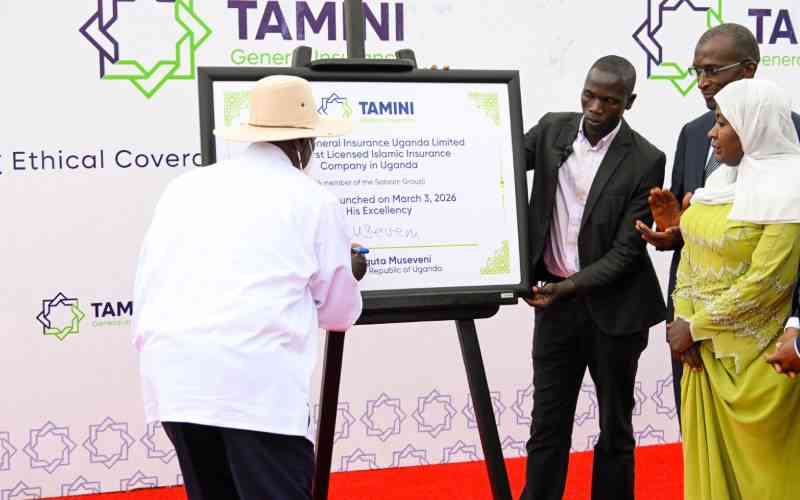St. Mary,s Mumias girls high school teachers and students celebrates at their institution when KCSE results was announced. The county school was position five in Western region. [Benjamin Sakwa/ Standard]
×
The Standard e-Paper
Stay Informed, Even Offline












